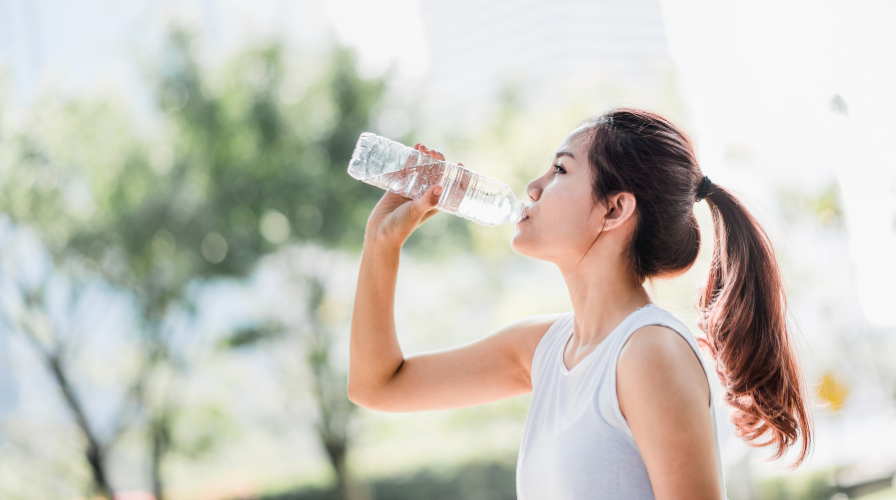
At Reunion Rehabilitation Hospitals, we emphasize physical rehabilitation but also understand the importance of overall health and wellness. Today is National Hydration Day and we’re recognizing this vital subject by reviewing some of the top hydration recommendations from professionals.
Identifying Dehydration
Before we discuss tips and tricks related to hydration, let’s go over some signs that you may be dehydrated. Dehydration is more common than you may think, but that doesn’t mean it’s not a serious health issue.
Below are some symptoms that can point to dehydration:
Headache
Muscle cramps
Constipation
High heart rate
Tiredness
If you’re experiencing these symptoms, it may be time for you to focus on your hydration or speak with your doctor.
More than Just Drinking Water
Drinking water is undoubtedly an essential part of staying hydrated. However, hydration is a complicated topic and much more than just filling up your water bottle regularly. In order to make sure you’re staying hydrated properly, it’s best to consider electrolyte levels, heat exposure, exercise, pre-existing health conditions, and so much more.
Let’s go over some of the top considerations to take into account if you’re ready to focus on hydration. Remember that you should always consult with a medical professional if you have questions about your own individual health.
Balance is Key
Balance is a good rule when it comes to health and wellness and that also remains true in regards to hydration.
When it comes to hydration, one of the most important things to think about is electrolytes. Did you know that drinking too much water can actually be dangerous? By maintaining a proper electrolyte balance, you can be sure that you’re giving your body the fuel it needs to thrive.
HYDRATION TIP: If you’re searching for an electrolyte addition you can put in your drinks, opt for a choice that’s low in sugar.
Another great way to maintain balance is to make sure you’re drinking water throughout the day. Doing this will allow your body to regulate itself naturally. Think about finding a routine that works for you, such as drinking some water every hour, on the hour.
What’s on your plate?
Many of us think about what’s in our cups when it comes to hydration, but what’s on your plate can also influence your natural hydration levels. Mayo Clinic recommends that about 20% of your daily water intake should come from food.
Eating foods with a high water content is an exceptional way to stay hydrated, so consider choosing melons, lettuce, cucumbers, oranges, and peaches.
Hydration and Lifestyle Considerations
How much water you should consume daily can depend on a variety of health and lifestyle factors. If you enjoy going for a run in the sun, it’s essential to make sure you’re hydrating and fueling your body for performance.
As we mentioned previously, it’s important to think about balance if you’re exercising regularly. While it may be tempting to drink two or three bottles of water after a heavy workout, it’s best to pace yourself and think about electrolytes. If you know you’re going to be working out, make sure you stay hydrated throughout the day.
HYDRATION TIP: It’s recommended that you consume 4-8 ounces of water per 15-20 minutes of exercise.
Hydration and Rehabilitation
We’ve gone over the importance of hydration to overall health and wellness, but what about acute rehabilitation?
When the body is healing, it’s essential it has the fuel and tools it needs to recuperate and return to the best state possible. If your body is dehydrated, you may not recover as fast. From muscle healing to flushing out toxins, there are so many ways that hydration plays a role in the rehabilitation process.
By focusing on proper hydration and nutrition, exceptional therapy, and comprehensive support, our team at Reunion ensures patients have all the tools they need to succeed and return to their communities.
More Articles